For two years before I became a mother, I was a nurse on an inpatient pediatric unit.

Before I felt the weight of my daughter on my chest, I took care of hundreds of children. I held them, rocked them, brushed the sweaty hair off their foreheads in the dark hours of the night. Months before I watched my baby’s pale eyelids flutter in sleep, I learned so many lessons, more than I would ever need to know, more than I could ever hope to forget.
I knew how to hold her, the casual, easy way nurses hold newborn babies. They’re so agile and sure, like handling a football instead of a human. Her smallness did not scare me. On float shifts, I had picked up tiny NICU babies out of incubators, their skin fuzzy and translucent, fists smaller than golf balls. I wrapped blood pressure cuffs around doll-sized ankles, placed them on scales, listened to their hummingbird hearts.
Even in the beginning, I understood how to bathe her, how to support her body under the faucet. To do it quickly and without fuss, wrap her back up snugly before her limbs turned blue with cold. I knew how to swaddle, the tight little origami tucks and folds.
The care of a newborn baby was familiar, the cues for hunger, the signs of jaundice or infection.
I knew which kind of thermometer to use, how and when to suction. My work experience taught me how often she should eat, the correct number of wet diapers, the normal colors of baby poop. I could hold her tight and secure during vaccines, get her to take medicine, ease a cough and calm an upset stomach.
I recognized what was minor, the common colds and GI bugs, the routine little storms of childhood. These didn’t scare me, because I knew how resilient children are, the speed with which they recover. In my job, I watched kids run down hallways in hospital pajamas only days after major surgery. I watched them adapt to broken bones, to spine surgeries, to asthma and diabetes. My patients become experts in their own complex care, the cystic fibrosis patients with nebulizers and chest PT, the sickle cell patients with their detailed pain regimen.
I learned all of these lessons, an encyclopedia of knowledge and judgment. As a mother, this information made me stronger, more confident, able to cope.
But there was so much else I knew.
I knew my love would not protect my daughter from all of the world’s harm. I saw parents try to will their children back to health. They all believed the sheer force of their love could destroy cancer cells, annihilate the most invasive bacteria, oxygenate blood, repair liver and kidney and bone. And I saw the look in their eyes when they realized it wasn’t enough, that it would never be enough.
I comprehended that one minute she could be healthy and whole, round-cheeked and warm and perfect. And the next moment the entire universe could invert. So often, I saw the whiplash, the families who came to us with one reality and left with an entirely new one. And I watched parents try to catch up. I saw them gather up the pieces of their life after a doctor’s words broke it into a million pieces, like a puzzle upended, its contents scattered to every corner of a room.
I was cognizant of the small, insidious things to fear.
The unexplained fevers or bruises. Pebble-sized masses found in a soapy bath. Coughs that linger for months. Barely perceptible changes in energy or behavior. I waited for them, watchful, breath caught in my throat. My daughter grew and thrived, but still, I kept watch. After two years of war, I found it impossible to return to civilian life and pretend to not know the sights and sounds of violence.
I’ve been a mother for over two years now, and every single day, every hour, I try to reconcile my world as a mother with the world of being a pediatric nurse.
I hold my daughter, feel her warm skin, the healthy blood in her veins, the rise and fall of her gorgeous lungs. And I want nothing more than to forget all of it.
It would be nice to pretend I never knew the other world, the one full of sick children. The world littered with bright neon bags of chemotherapy and morphine drips and central lines. If only it could disappear, this upside-down place where medicine failed, where we couldn’t fix them, where parents climbed into hospital beds and held their children as their breathing slowed.
But I can’t. I lived in that world, learned the language, know its realities, and carry a list of their names.
I am aware of so many truths now that some people will never glimpse. My experiences taught me what can be fixed, and what cannot. I know love can be a fight, a refusal to give in to the most barbaric diseases, a martial of force and energy and research. But it can also be as compassionate as one single, selfless word: enough.
I know that kids stay kids, no matter what they experience, no matter how sick they are. They will always laugh, act silly and hold tight to the people and things they love, even as their bodies fail. I know they can find joy in the starkest environs. Slide down fluorescent-lit hospital hallways on IV poles. Act as little pockets of joy, solar flares in the infinite blackness.
I am a pediatric nurse and a mother. And the former will always color the latter.
My only choice is what I do with these lessons, with these things I know. I can let the knowledge darken my world with fear. Or burst it open with the force of an explosion, with a frantic appreciation for every heartbeat, every intake of breath, all we take for granted, the extraordinary mundanity of life.

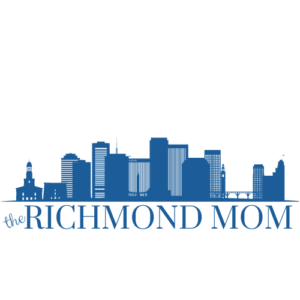
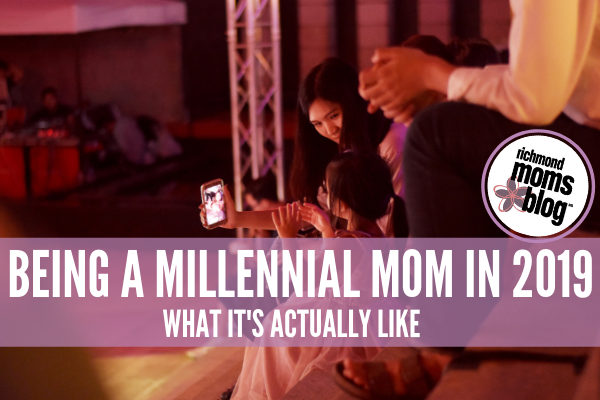

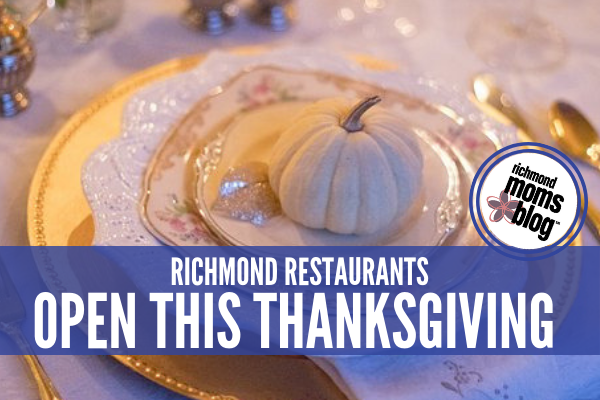

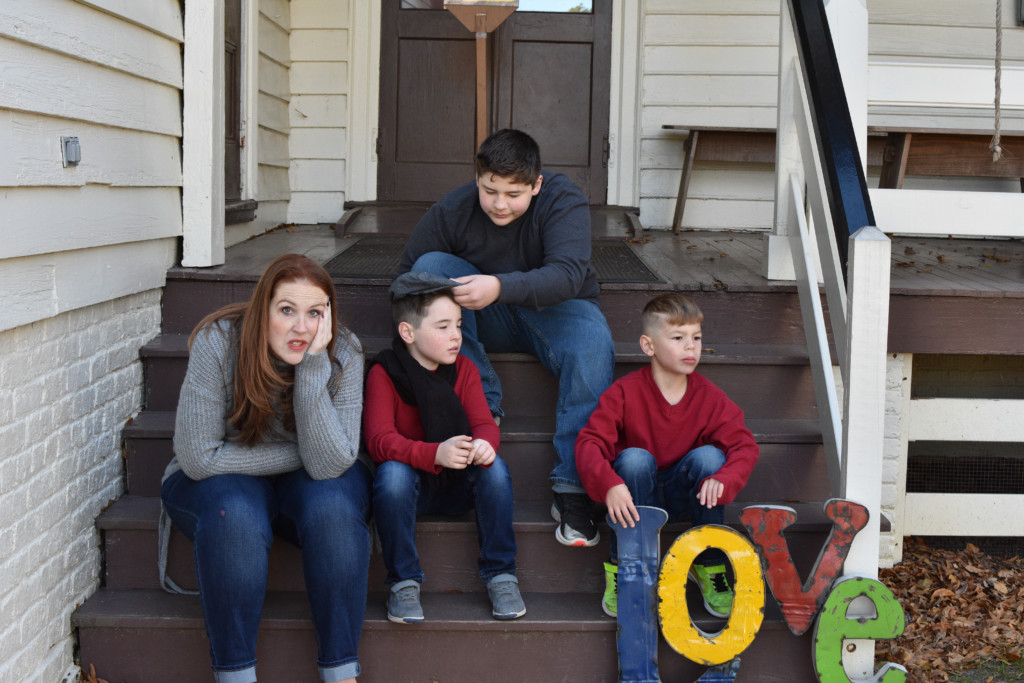
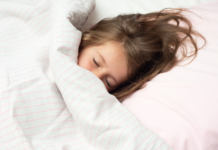

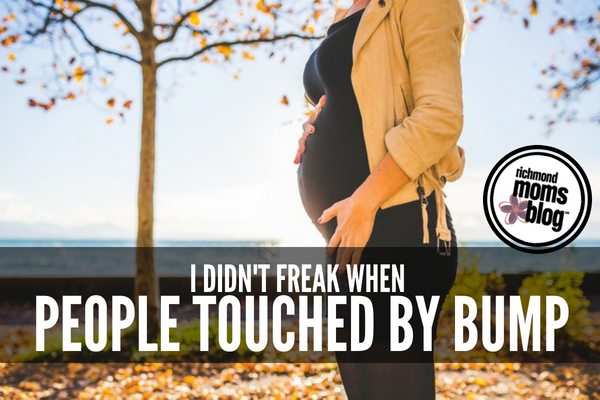
Wow, Liz, this was powerful and brought me to tears. Thank you for sharing your experience, and for reminding us to be thankful for every moment.
Comments are closed.